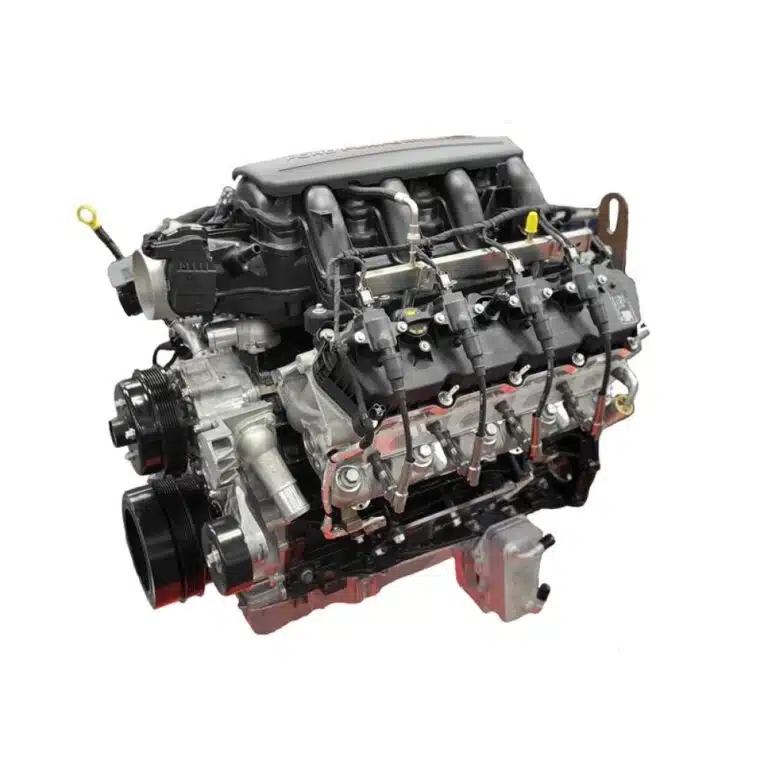BYD: The possible salvation for some European car manufacturers

The rise of electric vehicles is transforming the automotive industry worldwide, and one of the most prominent players in this scenario is BYD. This Chinese company has been gaining ground in the European market, presenting itself as a possible salvation for some European car manufacturers facing difficulties in meeting strict emission regulations. As regulations become more stringent, BYD’s ability to provide effective and sustainable solutions is key for these manufacturers to adapt and survive in a highly competitive market.
The arrival of BYD in the European market represents a significant opportunity for car manufacturers struggling to comply with environmental regulations. This Chinese automotive giant is entering the carbon credits trade, offering a solution to traditional brands facing penalties for failing to reduce their emissions on time. This article examines the implications and opportunities presented by BYD for the European automotive sector.
The rise of BYD in the European market
BYD has managed to capture global attention due to its focus on sustainability and the production of affordable electric vehicles. Its strategy has allowed it to effectively position itself in a European market that, despite its efforts, still faces challenges in adapting to environmental regulations. With impressive growth and growing interest, BYD could become a key player in transforming the European automotive industry.
Carbon credits as a salvation tool
The trade of carbon credits offers manufacturers the ability to sell their surplus emissions reductions to those unable to meet the standards. This system, promoted by environmental policies, has created a space where BYD, along with other brands like Tesla and Polestar, can thrive. BYD’s ability to offer carbon credits could relieve pressure on European manufacturers, allowing them to avoid significant fines.
Regulatory challenges in Europe
The strict regulations of the European Union are designed to reduce greenhouse gas emissions. However, many traditional brands have not adapted quickly enough, putting them at risk of facing severe penalties. This context has led several manufacturers to seek innovative solutions, and the prospect of collaborating with BYD to obtain carbon credits appears to be one of the most viable.
A strategy that can benefit both sides
Recent discussions between BYD and European manufacturers could result in consortiums that facilitate the sale of carbon credits. This collaboration would not only benefit BYD by expanding its influence in Europe, but it would also allow European manufacturers to remain competitive without compromising their operations. Such alliances could be crucial in an environment of increasing regulatory pressure.
Implications in the financial market
The potential entry of BYD into the carbon credits trade has generated reactions in the financial market, impacting the stocks of other Chinese car manufacturers such as Xpeng and Geely. Companies that can adapt their business model to align with European regulations have the opportunity to grow in this sector, while those that fail to adapt could face serious consequences.
The future of BYD in Europe
With the growing European focus on sustainability, BYD’s future looks promising. As the European Union continues to strengthen its environmental regulations, the opportunities for BYD and other electric manufacturers to thrive will surely increase. The company could not only save some European manufacturers but also define a new era for sustainable transport on the continent.
Additional references
For more information on the impact of electric vehicles on the European automotive industry, you can find this link. If you want to explore details about the BYD Tang 2025, you can visit here, or learn more about the strategic decisions of other automotive brands in this article.
In this current era of transformation in the automotive industry, the arrival of BYD in the European market represents a significant opportunity for local manufacturers facing major challenges due to increasingly strict environmental regulations. As the European Union demands drastic reductions in carbon emissions, many of these manufacturers find themselves on a tightrope, facing potential penalties for non-compliance. In this context, BYD’s strategy of offering carbon credits is shaping up as an attractive proposal that could provide the necessary relief for European manufacturers struggling to adapt.
BYD’s openness to collaborate with traditional European brands could not only allow them to avoid penalties but could also incentivize a crucial shift towards the electrification of their fleets. This collaboration translates into a proactive approach that seeks not only survival but also competitiveness in a market increasingly dominated by technology and sustainability.
Moreover, BYD’s versatility in terms of technological innovations and its production capacity, along with its experience in developing electric vehicles, gives it a crucial advantage. This position not only allows them to strengthen their presence in Europe but also challenges local manufacturers to accelerate their electrification process, generating healthy competition that can benefit the end consumer.
Finally, the integration of companies like BYD into the European automotive ecosystem could lay the groundwork for a more sustainable future. The path towards electrification and emission reduction is a journey that many are ready to undertake, and collaboration with BYD could be the catalyst that drives European manufacturers towards a new standard of excellence in the automotive realm.


